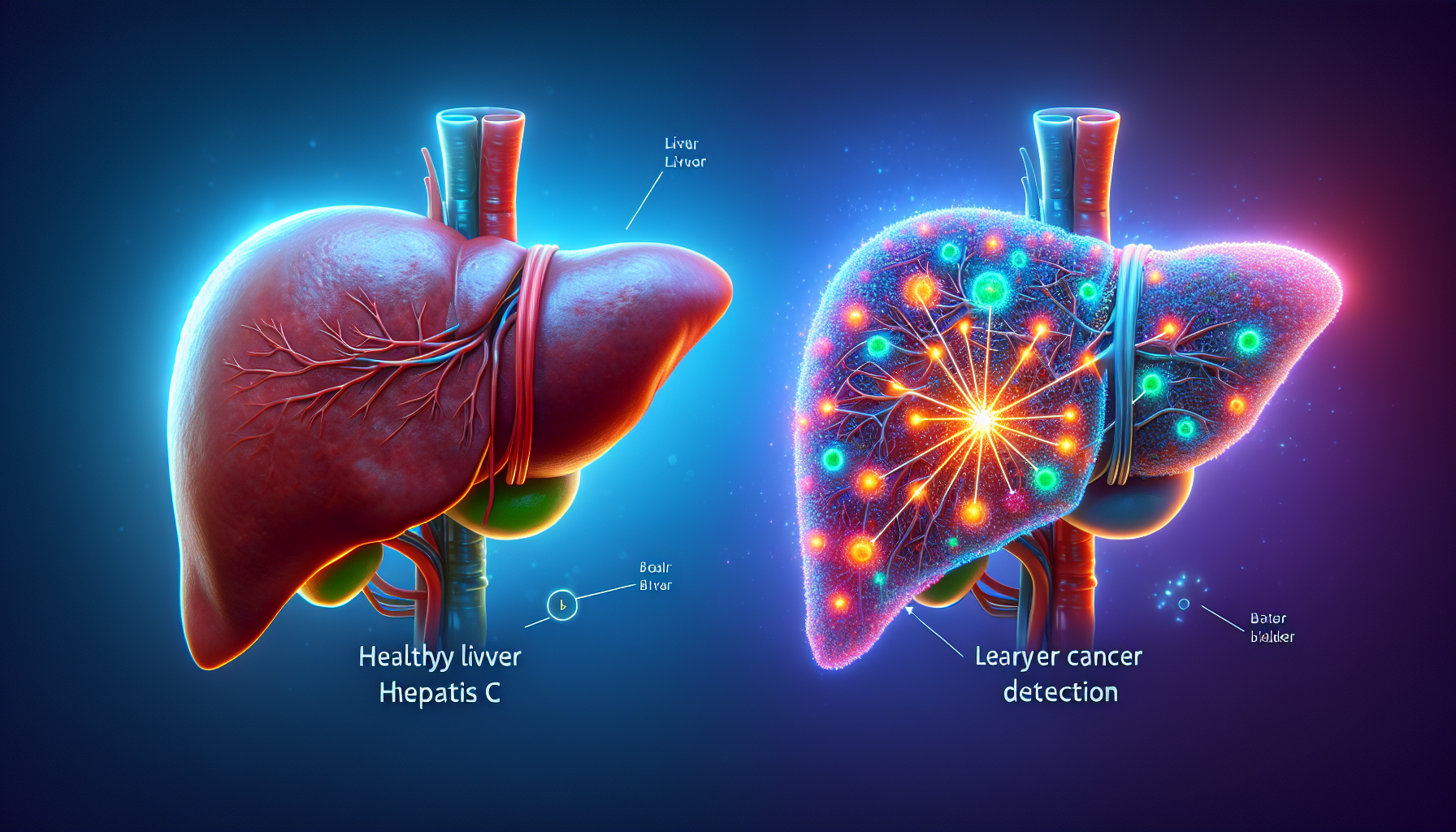Navigating the Challenges of Cancer Research Funding in the Current Economic Climate
Key Takeaways
- Stagnant NIH budgets pose significant challenges to cancer research funding, impacting vital cancer research initiatives at a critical time for potential breakthroughs.
- ARPA-H aims to supplement cancer research funding by potentially directing over $1 billion towards new biomarker development and clinical applications, but its effectiveness hinges on strategic and transparent funding decisions.
- Advocacy and alternative funding strategies, highlighted by events like the Association of American Cancer Institutes' annual Hill Day, are essential to ensure the continued advancement of oncology research amid fluctuating federal budgets.
Did You Know?
Introduction to Current Funding Challenges
The landscape of cancer research funding is facing significant challenges due to federal budget constraints in Washington, DC. As the National Institutes of Health (NIH) experiences a stagnant budget, the ripple effects are felt deeply within the National Cancer Institute (NCI), threatening the progress of vital cancer research initiatives. This situation arises at a critical juncture where potential groundbreaking discoveries in cancer treatment are imminent.
The Impact of a Stagnant NIH Budget on Cancer Research
The NCI, a pivotal player in the fight against cancer, is grappling with a budget that has not kept pace with the escalating costs of advanced research. This financial stagnation means fewer resources for identifying new targets, developing biomarkers, and translating these findings into clinical applications that could save lives. The current budget of $8 billion, although substantial, is modest when compared to the overall federal budget of $2 trillion, highlighting a disproportionate allocation of resources given the stakes involved.
The Role of ARPA-H in Supplementing Cancer Research
In response to these funding challenges, the Advanced Research Projects Agency for Health (ARPA-H) has been introduced, potentially directing over $1 billion towards bridging the gap left by reduced NCI funding. This initiative aims to support the translation and validation of new biomarkers and their clinical applications, promising a new horizon in cancer treatment research. However, the effectiveness of ARPA-H in truly complementing NCI efforts depends on strategic funding decisions and transparent management of research outcomes.
Concerns Over Research Prioritization
The reliance on the pharmaceutical industry to drive oncology research funding raises concerns about the alignment of research priorities with broader health needs, particularly for underrepresented groups. The industry's focus on profitability can sometimes overshadow the imperative of addressing the most urgent scientific challenges in cancer research. This misalignment could potentially stifle innovative discoveries that are crucial for advancing cancer treatment.
Advocacy and Alternative Funding Strategies
Recognizing the importance of sustained advocacy, the annual Hill Day, organized by the Association of American Cancer Institutes, represents a critical opportunity for stakeholders to engage with legislators. Scheduled for May 16, 2024, this event underscores the necessity of exploring alternative funding mechanisms to ensure the continued advancement of oncology research, independent of the fluctuating federal budget.
As stakeholders in the oncology community, it is imperative to rally support and advocate for policies that ensure robust funding for cancer research. The future of cancer treatment, and indeed the lives of those affected by this devastating disease, depend on our collective action and commitment to this cause.




